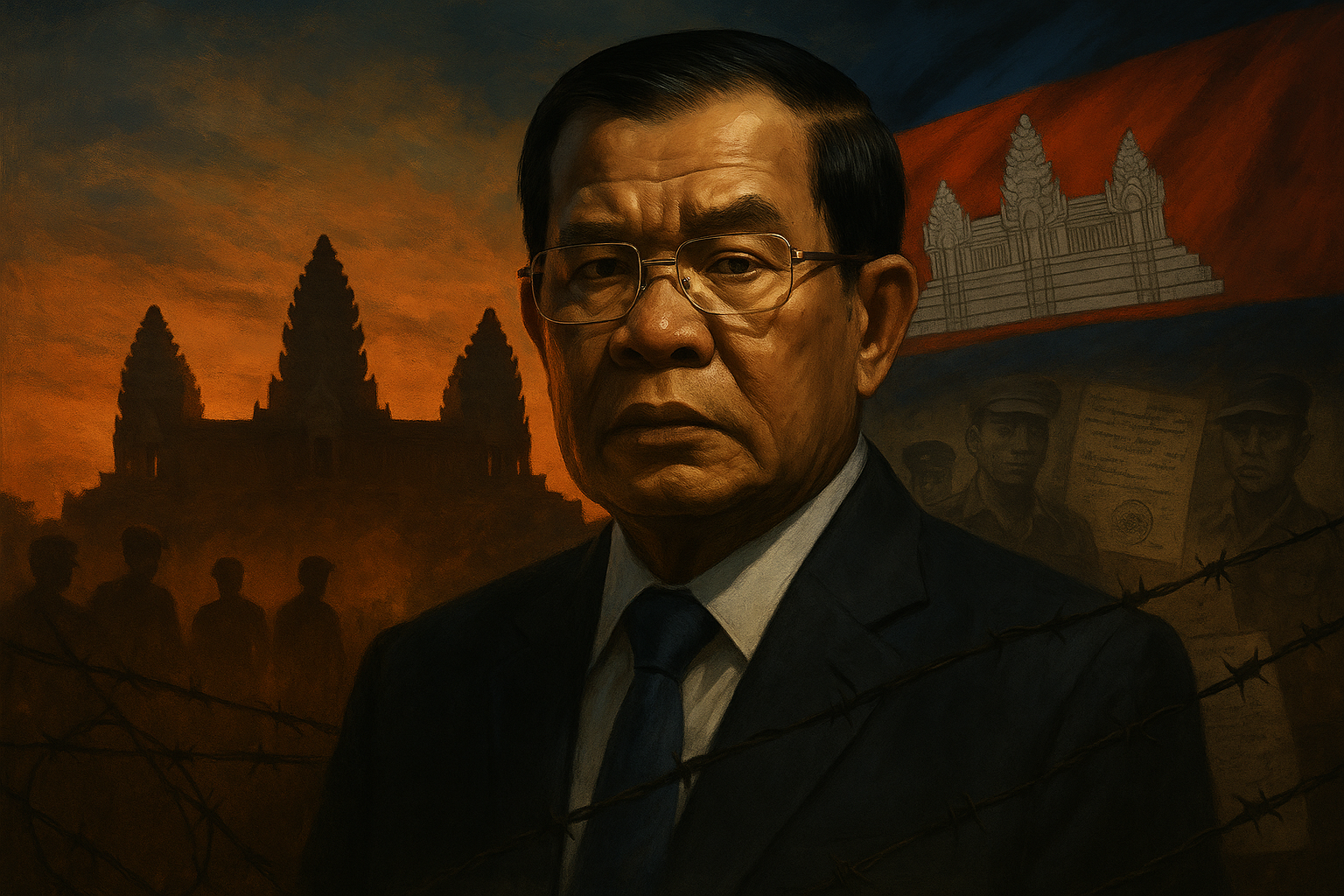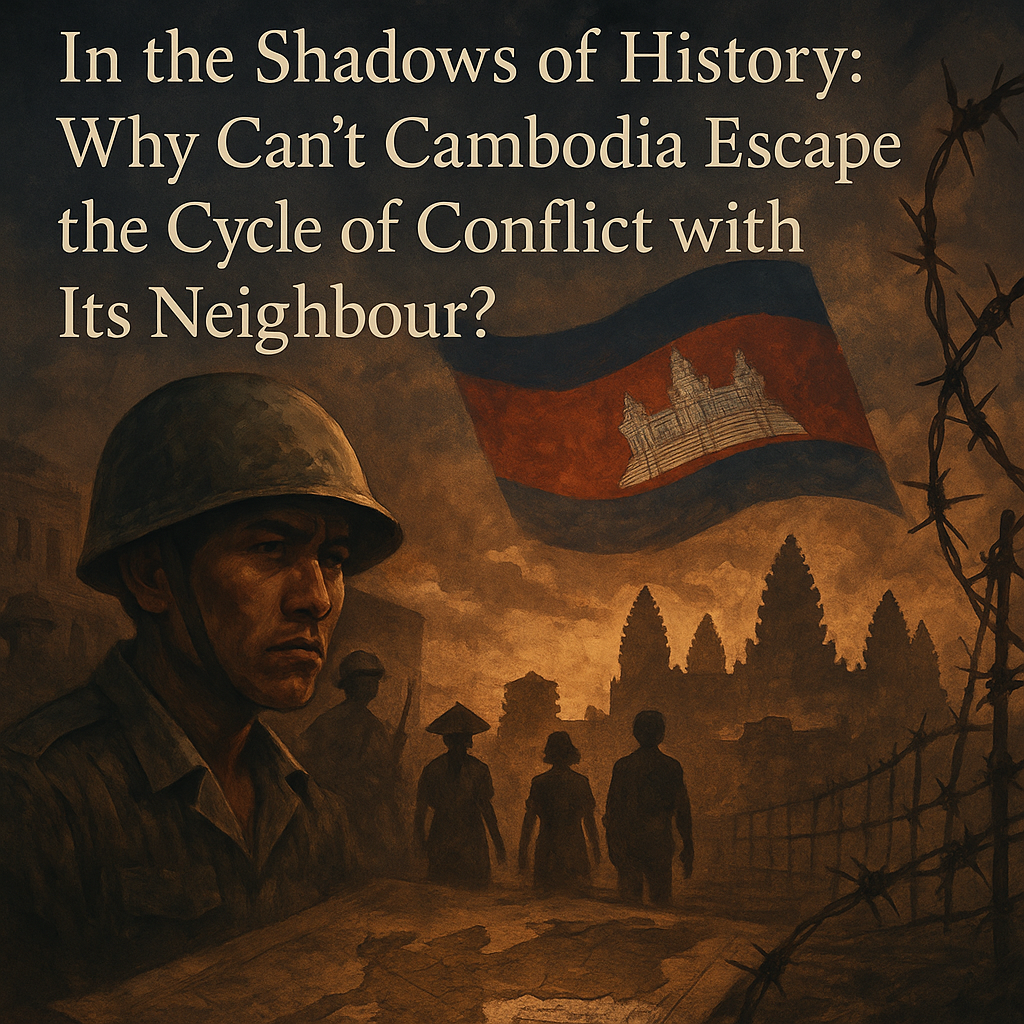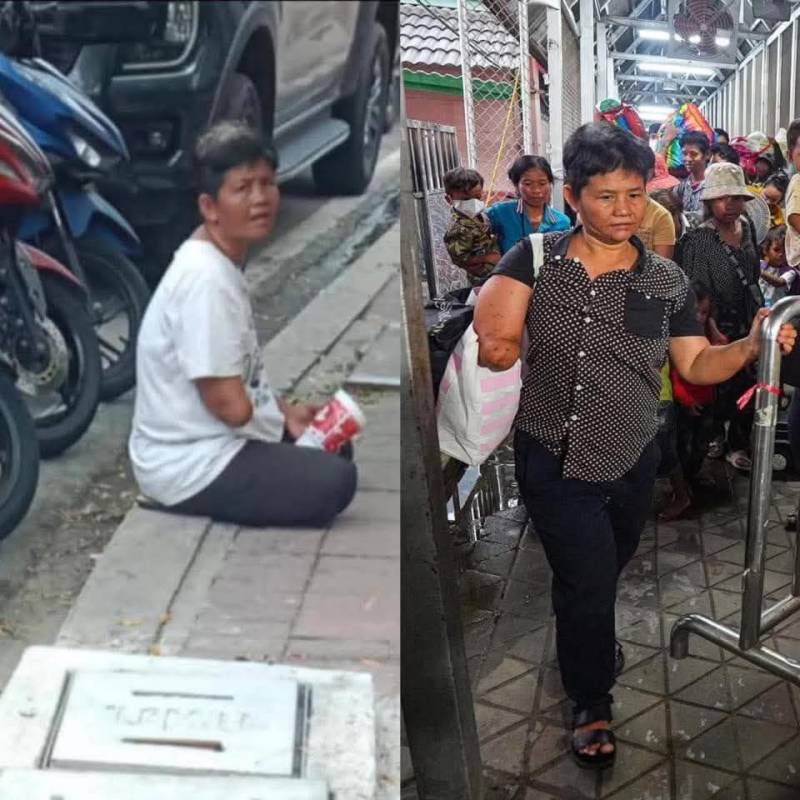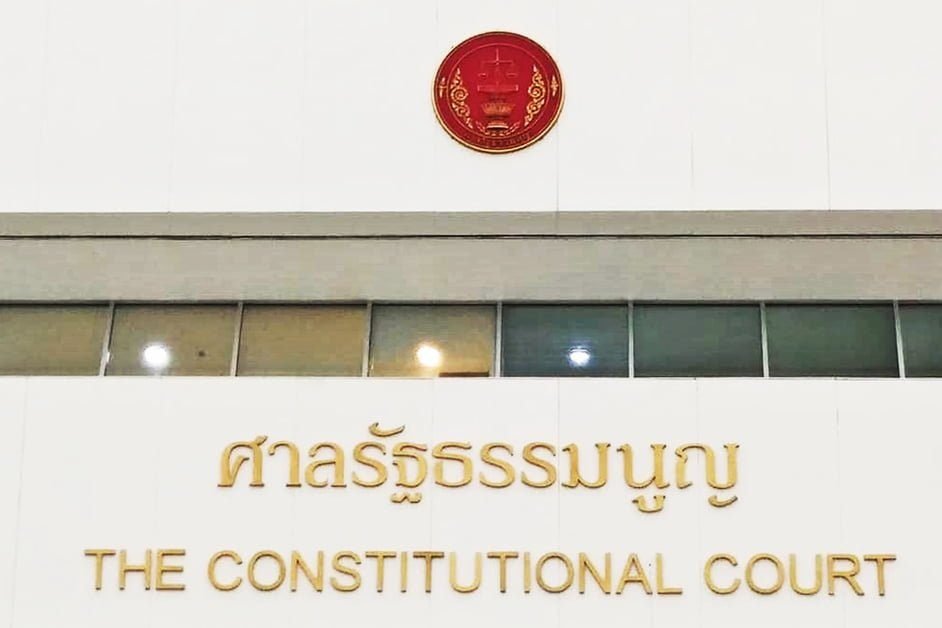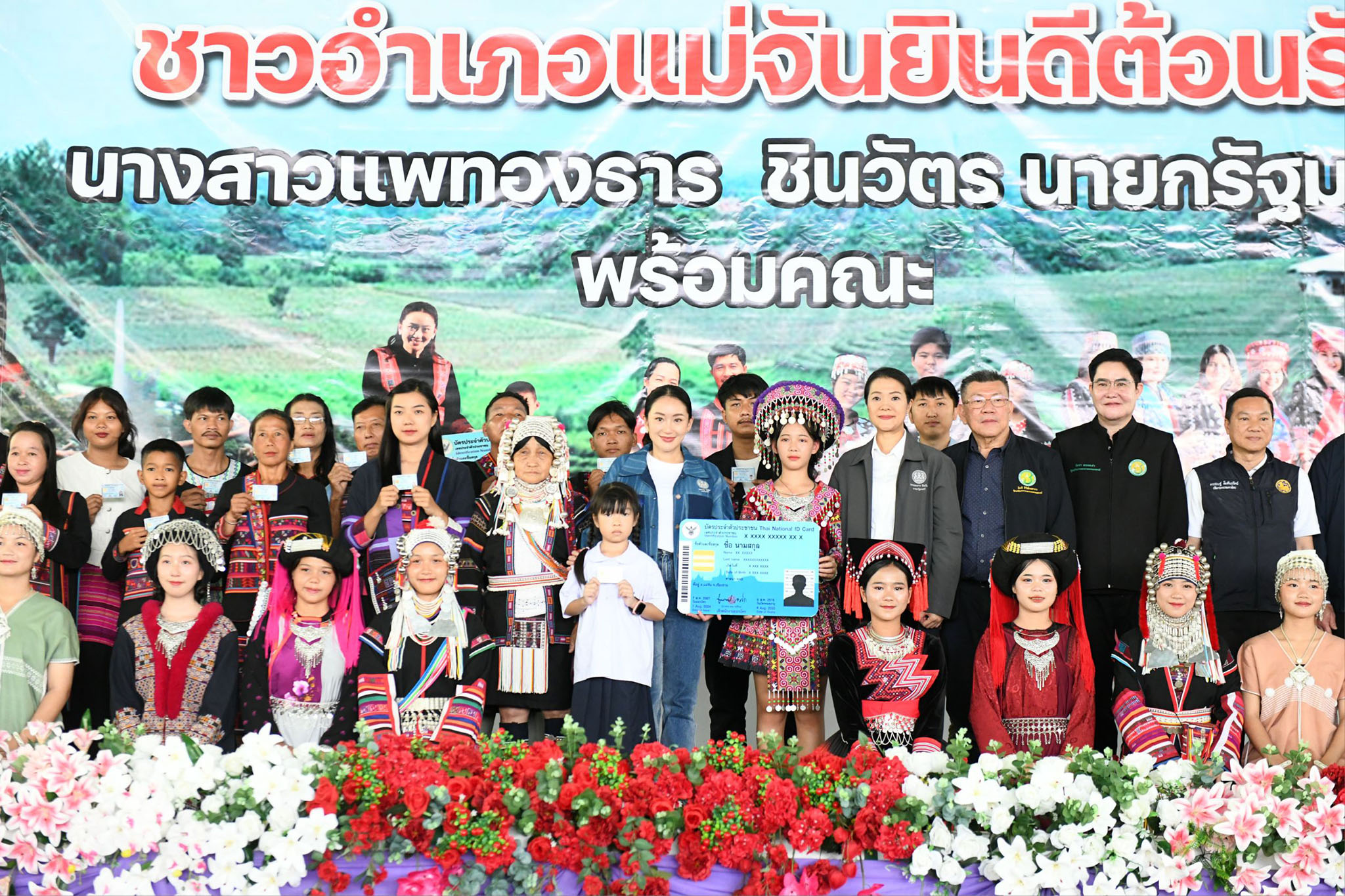Analysis: “Hun” of the Khmer Rouge—Shadow over Cambodia’s Political History
In the context of Cambodia and the Khmer Rouge, “Hun” refers most prominently to Hun Sen, the country’s former strongman who ruled for over 38 years (1985–2023) and played a pivotal role in Cambodia’s civil war, the fall of the Khmer Rouge, and the construction of modern Cambodian statehood.
Origins and Role in the Khmer Rouge
Hun Sen began his career as a Khmer Rouge cadre in the 1970s, rising to a military command post before the Cambodian genocide. Under Pol Pot, the Khmer Rouge were responsible for the deaths of 1.5–2 million Cambodians.
Hun Sen later fled to Vietnam, returning with Vietnamese forces in 1979 to help oust the Khmer Rouge and establish the People’s Republic of Kampuchea (PRK).
Path to Power and Contemporary Politics
After the PRK era, Hun Sen became prime minister in 1985 and maintained control for nearly four decades through the Cambodian People’s Party (CPP), relying on both compromise and forceful elimination of political rivals—including arrests and forced exile of opposition leaders.
Throughout the 1990s–2010s, his reputation shifted from “stabilizer” to “modern autocrat,” marked by crackdowns on human rights, media, and interference with electoral processes.
Legacy and Controversy
Hun Sen is heavily criticized as a “shadow” of the Khmer Rouge past—due to his early affiliations, his hardline governance style, and the dynastic transfer of power (his son Hun Manet succeeded him in 2023). He is also accused of entanglement in national-scale corruption and crime.
Still, he is regarded by some as a symbol of Cambodia’s postwar stability, especially compared to the brutal, lawless Khmer Rouge era.
Key Observations
- Hun Sen exemplifies the “political survivor” who navigated dramatic regional changes and maintained power.
- Despite his break from the Khmer Rouge, Cambodia’s single-party political culture remains deeply rooted.
- Hun Sen’s patronage network is so entrenched that opposition parties have little real power.
- The “Hun” family’s continued influence is under scrutiny: will the new era under Hun Manet bring genuine change?

